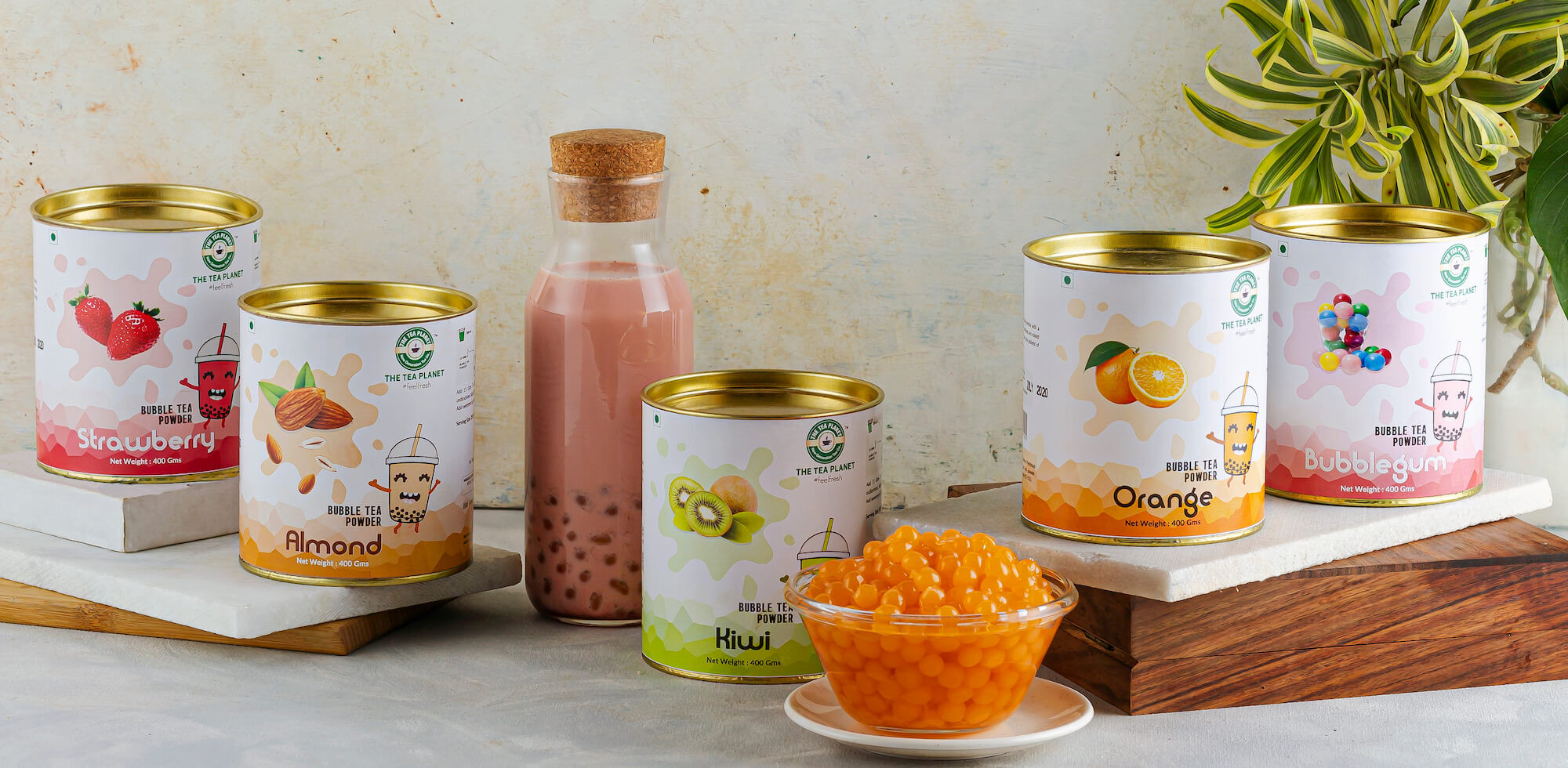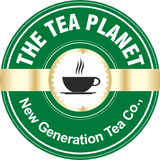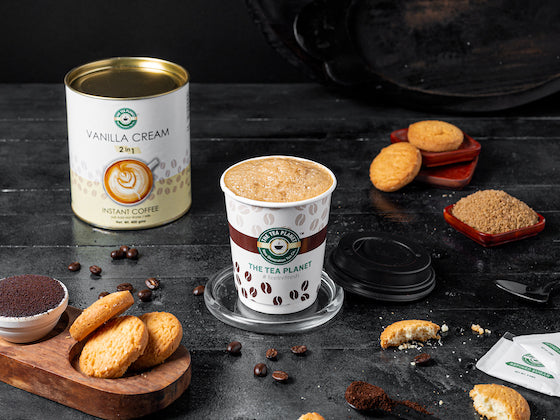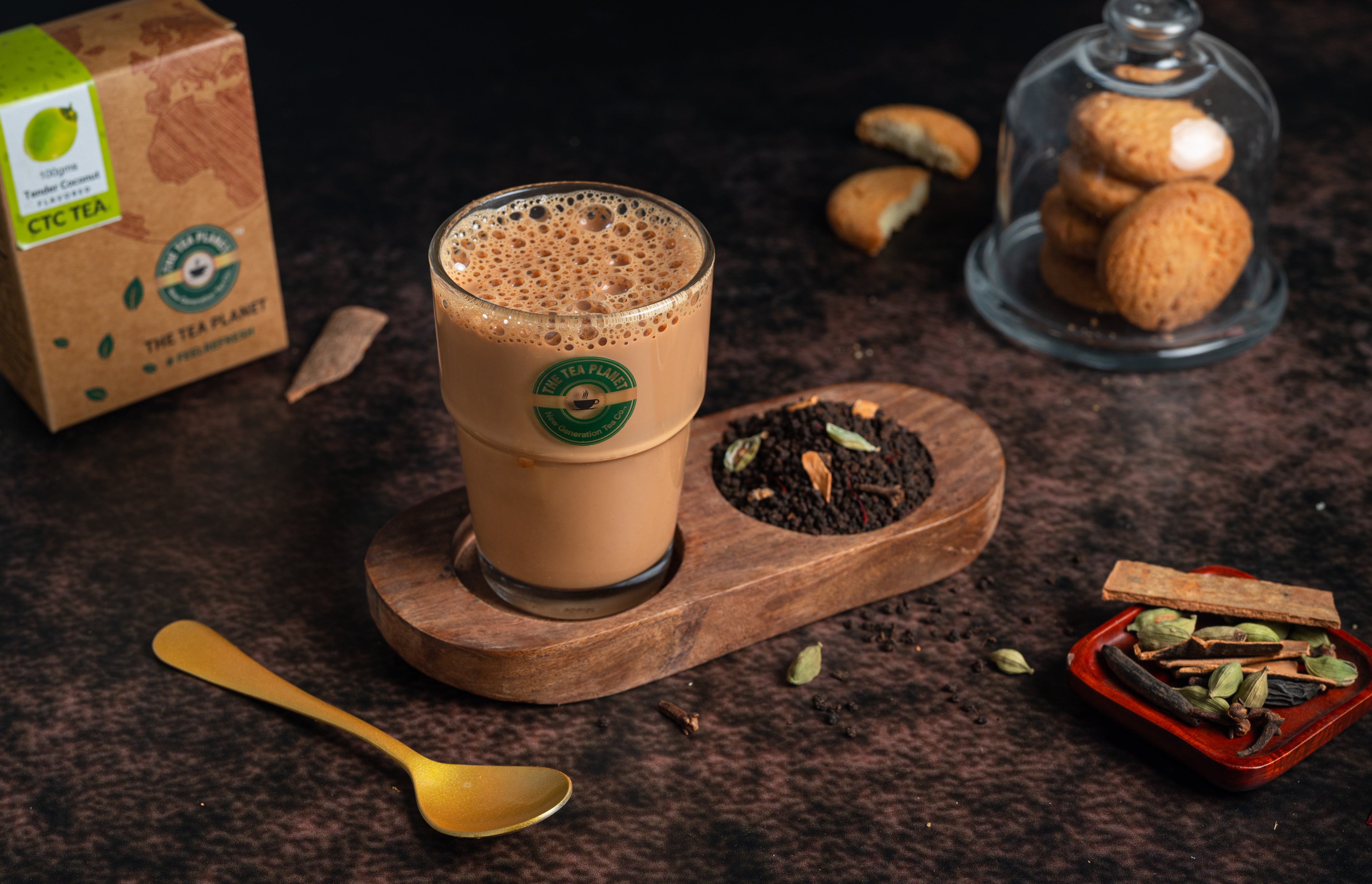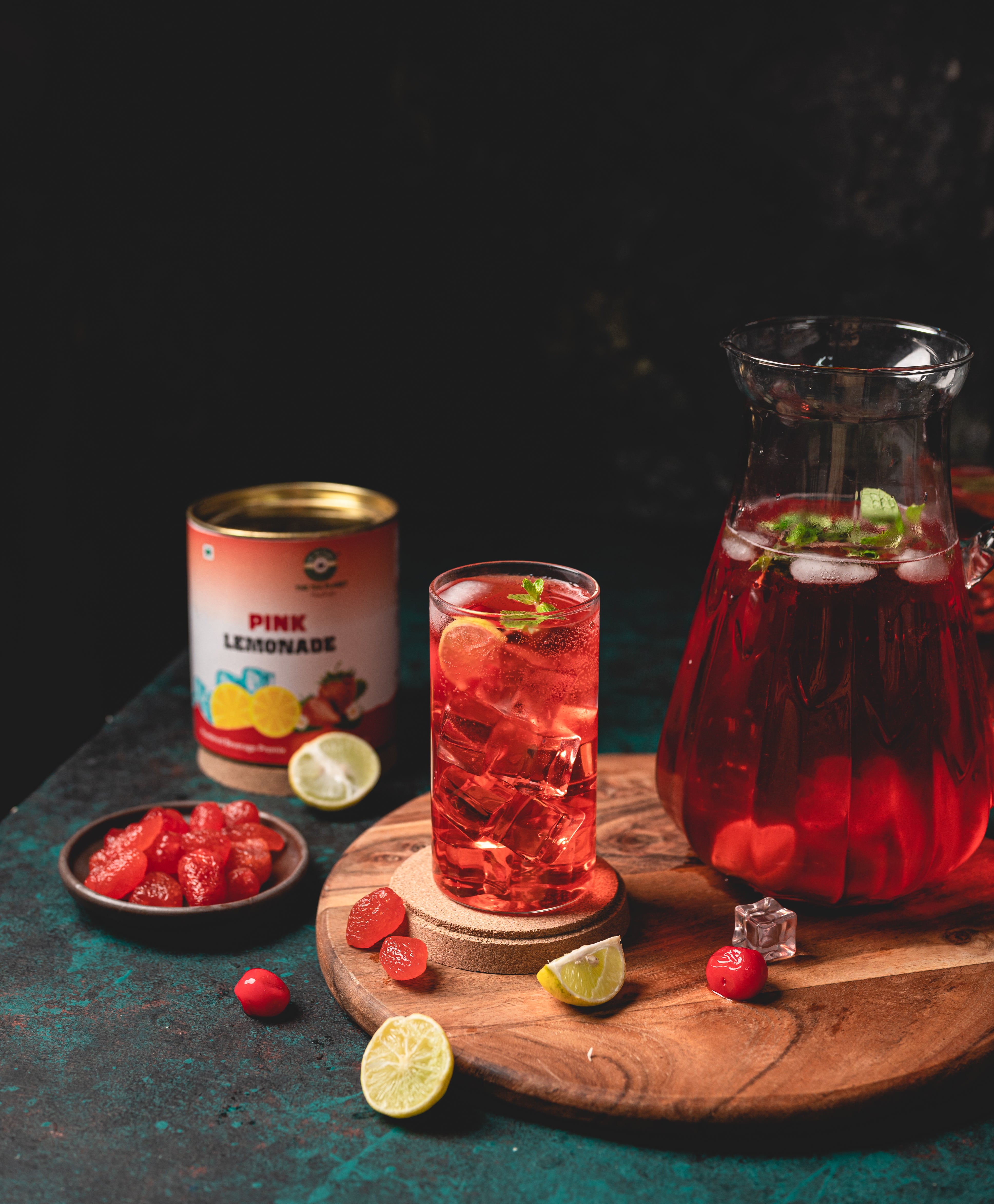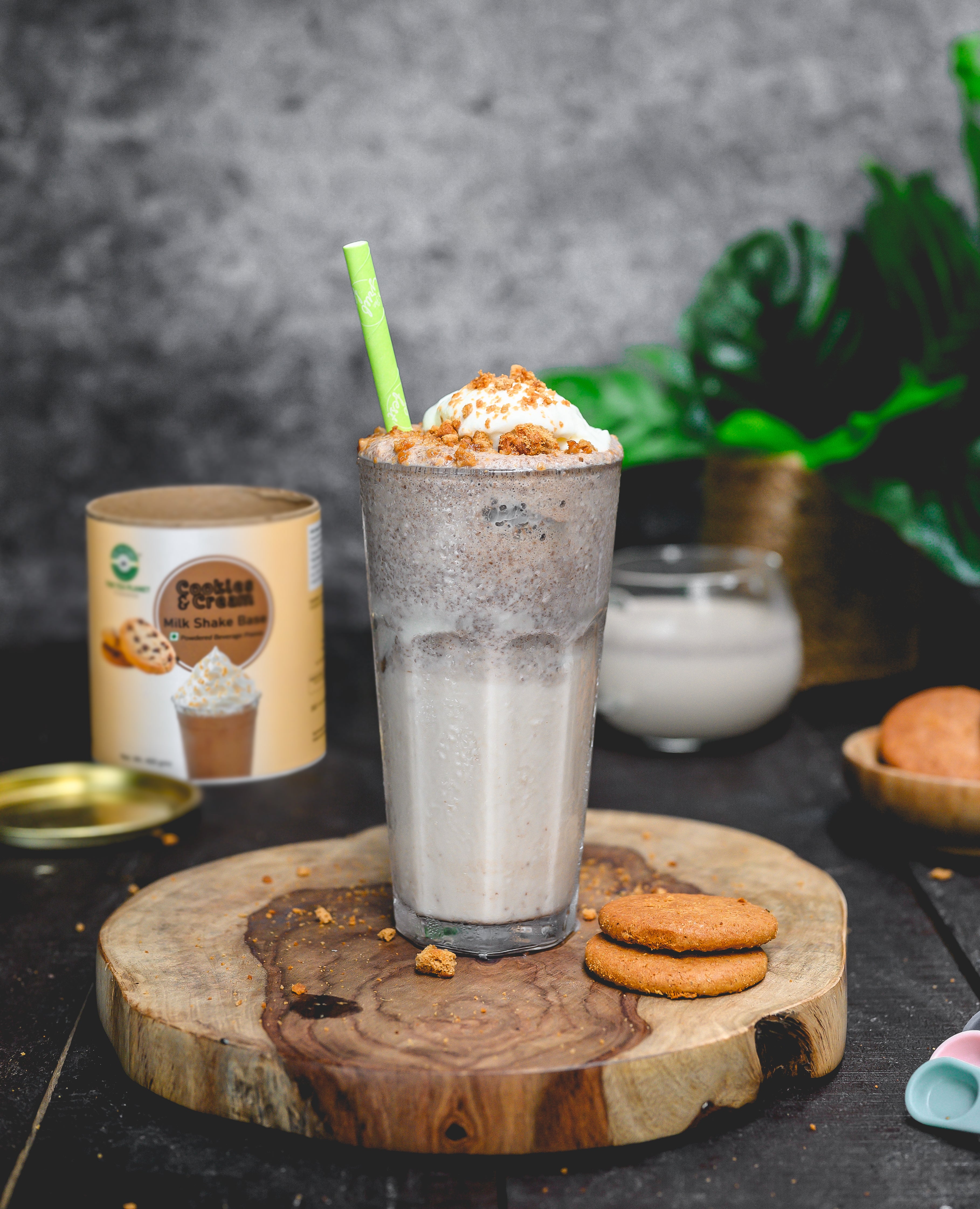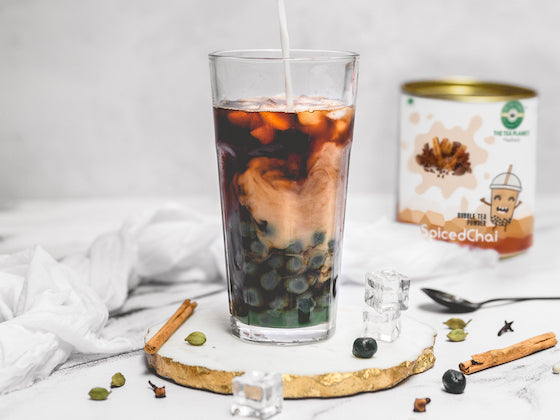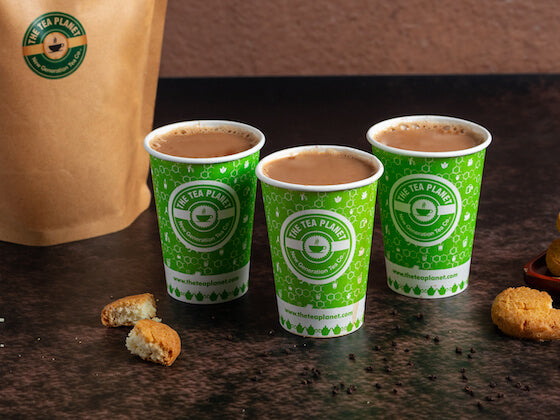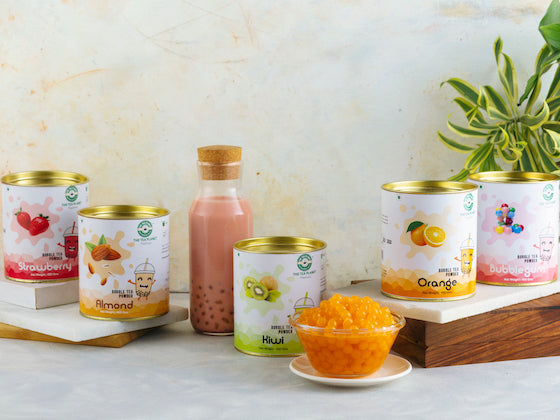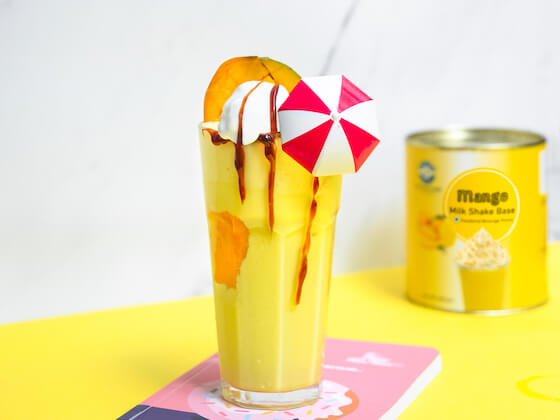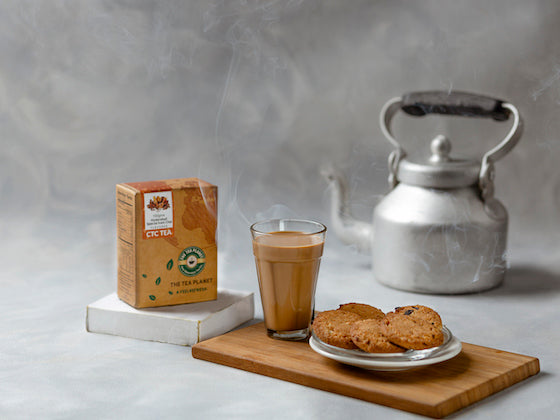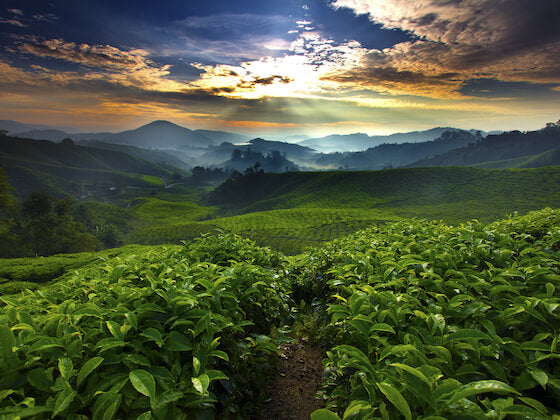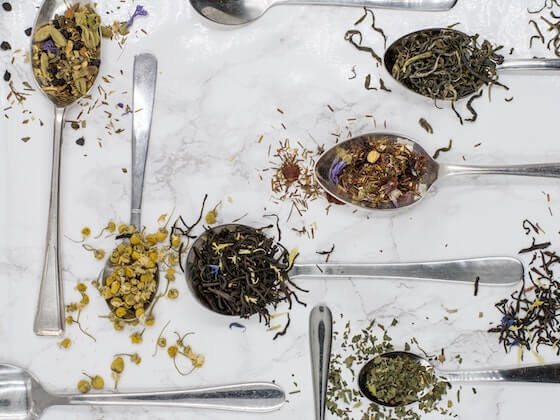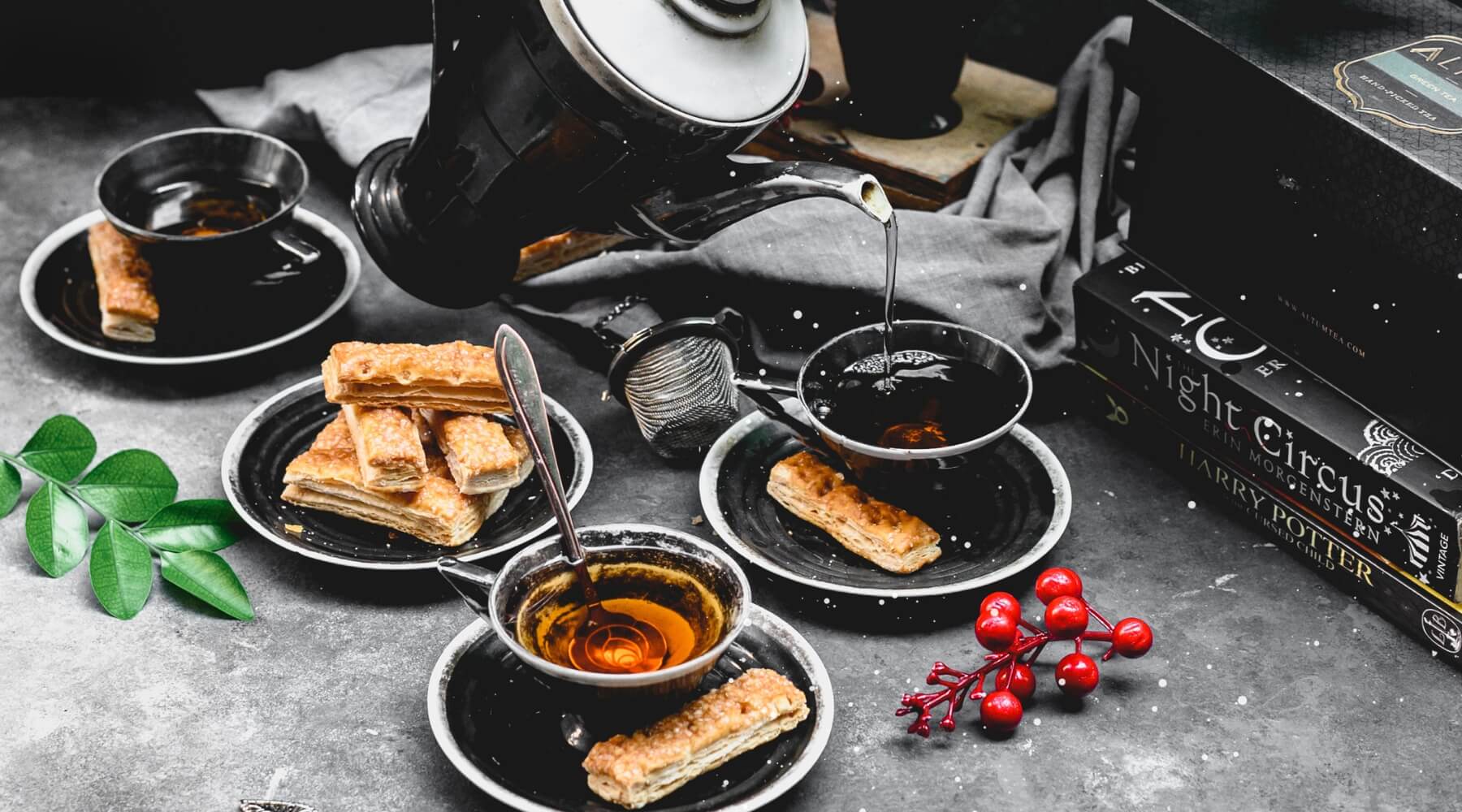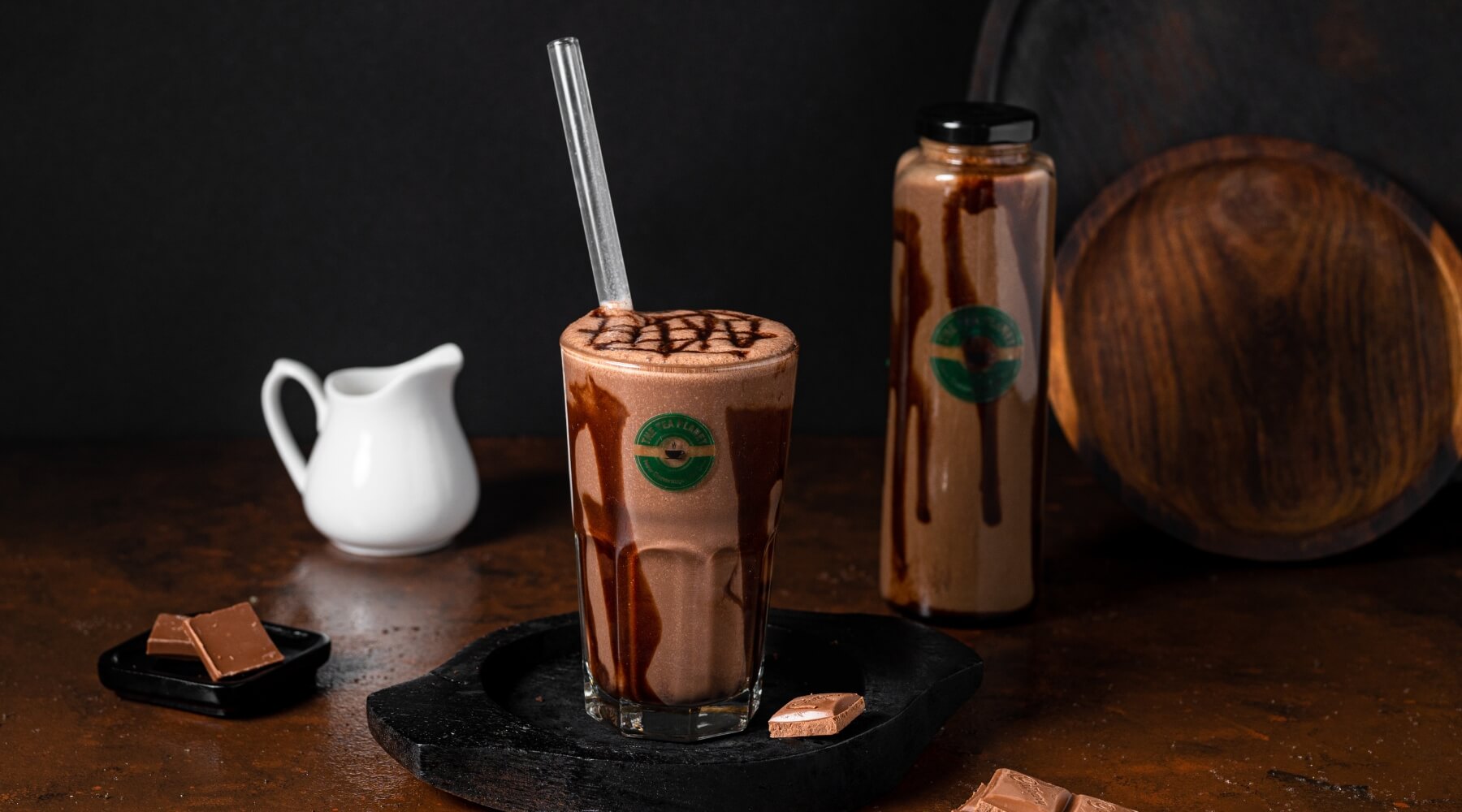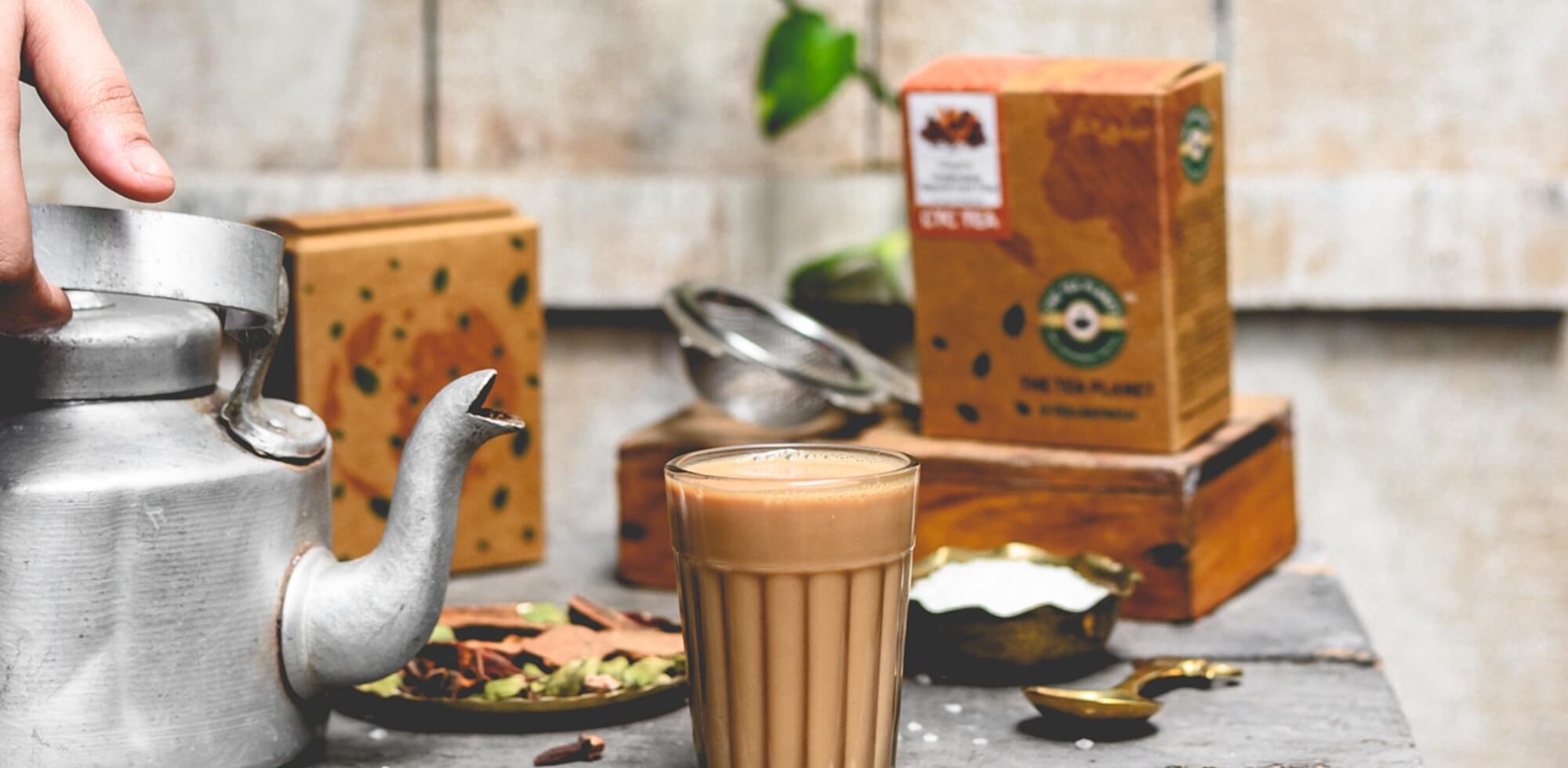Boba and bubble tea are widespread in Asia, and their popularity has expanded in recent years all over the world. It's a year-round drink that's refreshing, delicious, and has just the right amount of sweetness to get you through the day. On top of that, it's a fantastic chance to immerse yourself in another culture and enjoy it. What's not to like about that?
Are you a lover of boba or bubble tea? Maybe you're a boba tea fan? That was a trick question, to be sure. You might wonder why. Surprisingly, there isn't much of a difference between bubble tea and boba.
For a long time, the difference between bubble tea and boba has been a point of contention. But they aren't the same!
Both bubble tea and boba refer to a tea-based beverage with chewy tapioca balls at the bottom. Because of their names, there has been a lot of confusion between the two.
If you're not familiar with bubble tea or boba, it's a tea-and-sweetened milk drink served over ice with tapioca pearls (via Eater). When you drink it, you get the chilly, slightly sweetened tea that coats your mouth and is incredibly refreshing, as well as the pearls that you have to chew through, giving you a fuller eating and drinking experience than other teas.
You're not alone if you've been puzzled over how to order and what to title this perfect cocktail. Here's a quick rundown of the differences between bubble tea and boba.
Bubble tea, boba, pearl tea, milk tea, tapioca tea, and other names for the beverage exist. All of these, however, refer to the same tea with tapioca pearls beverage. They do point out, however, that the term "boba" technically refers to the tapioca pearls themselves, and that this was the term's original meaning. The use of the vernacular term "boba" to refer to the drink, in particular, is new, but perfectly appropriate.
The drink's basis was initially made of black iced tea and milk when it was invented in Taiwan, hence the name Pearl Milk Tea. However, the drink can now be made with green tea, oolong tea, or even no tea at all!
You can also request a milk alternative like almond milk, soy milk, oat milk, coconut milk, and so on.
The popular honeydew milk tea is one example.
Tapioca starch is used to create the boba pearls. This starch comes from the cassava root, a South American plant. This texture is difficult to describe, but if you've ever tried bubble tea, you'll know what I'm talking about. It's a delicious texture to eat, and it adds to the pleasure of this drink.
While the language may change, the origins of bubble tea are still relevant. In the 1980s, the Taiwanese invented bubble tea. Although tapioca pearls and milk tea were staples of Taiwanese culture at the time, it wasn't until the 1980s that they were mixed to create bubble tea.
While there are conflicting accounts of where boba was initially invented and who was the first to serve it, Eater points out that the name's origin is undeniable. Amy Yip, a Hong Kong actress who was dubbed the "Marilyn Monroe of Chinese cinema" in the 1980s, had the nickname "boba." She gained the term "Voluptuous Assets" because of her voluptuous assets, which were later utilized to sell the tea! A zesty narrative like this is something a Western audience wouldn't know just by drinking bubble tea from our neighborhood shop, but it does demonstrate that we can and should constantly research the origins of things we appreciate from other cultures.
Although milk tea is a variety of boba tea, it usually refers to a specific type brewed with black tea, milk, brown tapioca pearls, and sugar.
I hope there will be no more confusion now that you understand the differences between bubble tea and boba, as well as the various names for both. Also, the next time you hear one of your pals repeat one of these versions, you'll know exactly what they're talking about!
In western culture, Europe, and Asia, bubble tea is becoming increasingly popular. The drink has acquired a variety of names as a result of the public's fondness for it.
Bubble tea is becoming more mainstream as time passes and its popularity grows. Because there are so many distinct varieties (I get it!), it can be a little perplexing. I hope you now understand the difference between bubble tea and boba tea.
